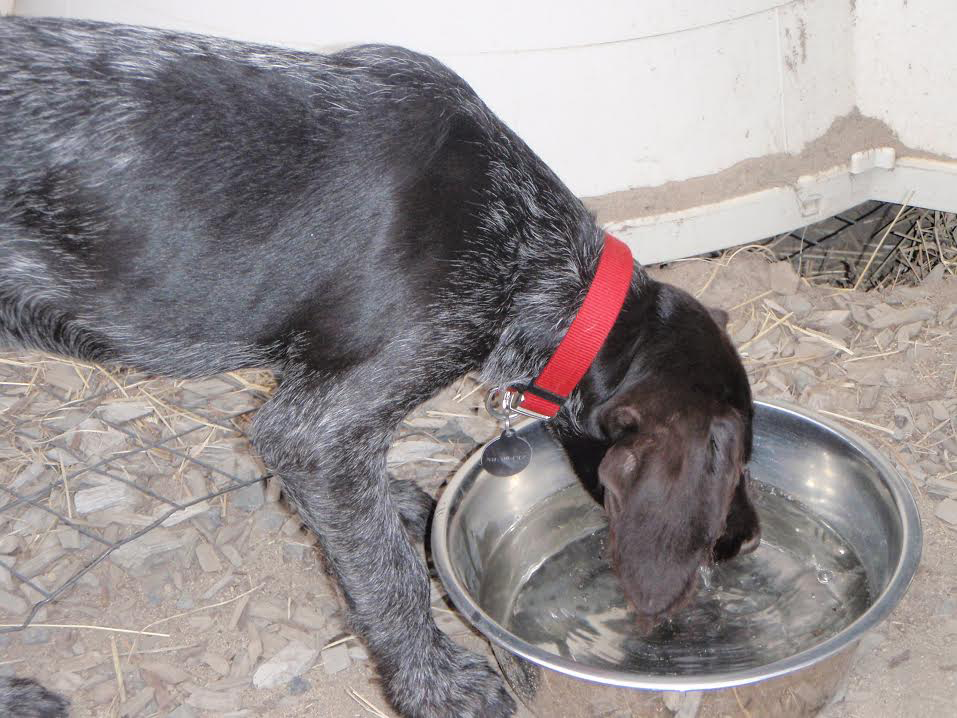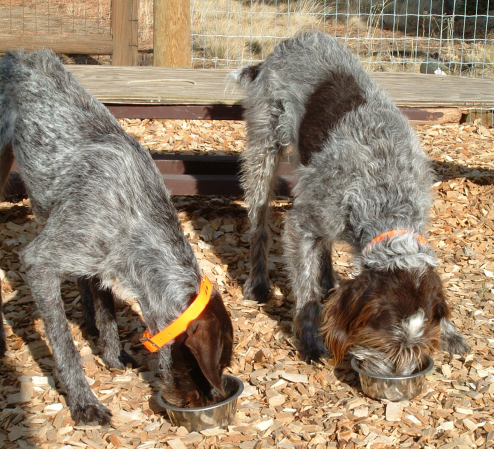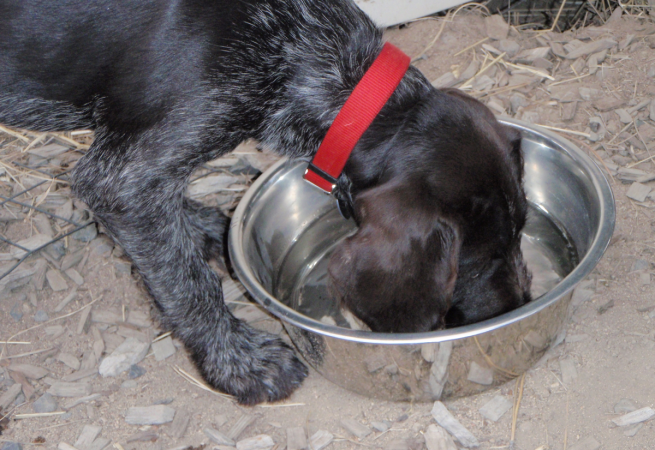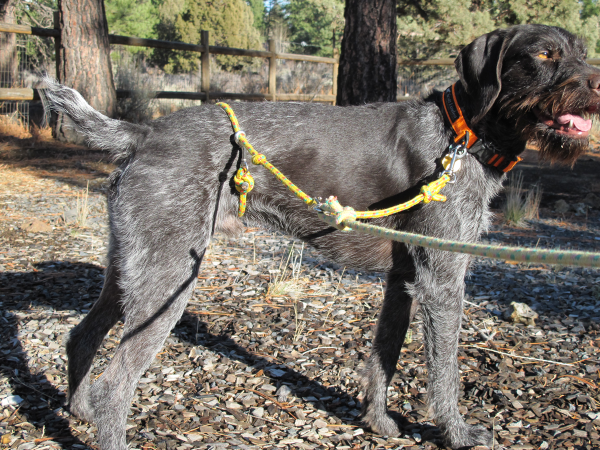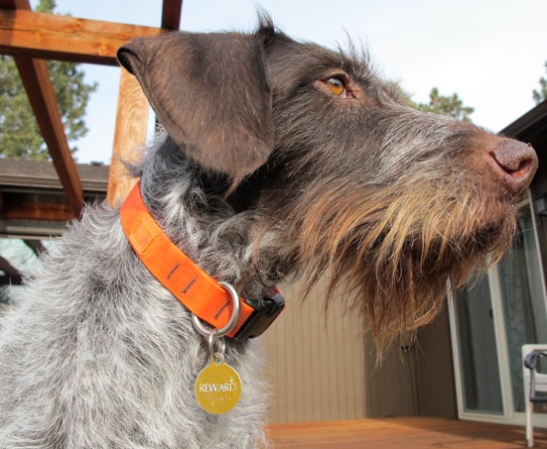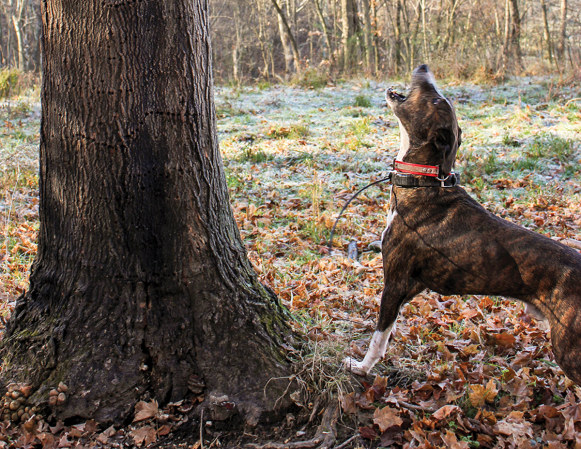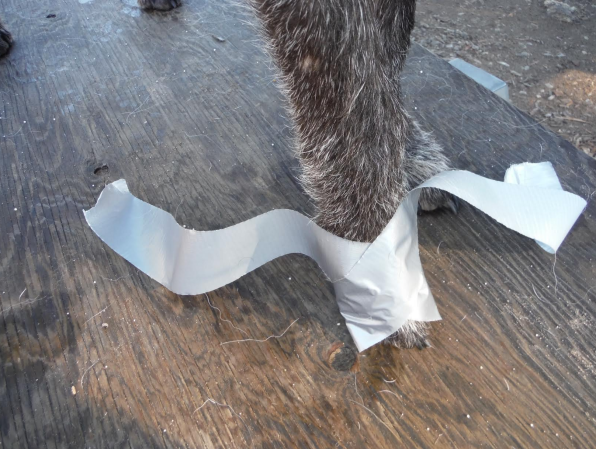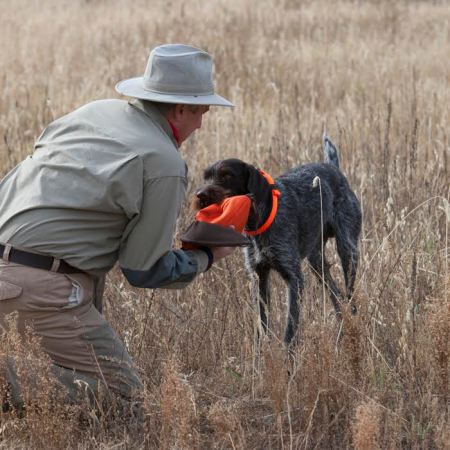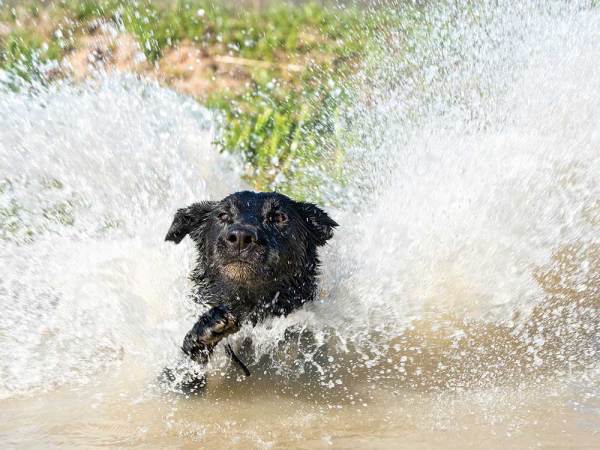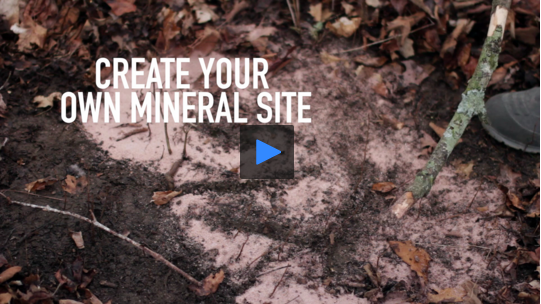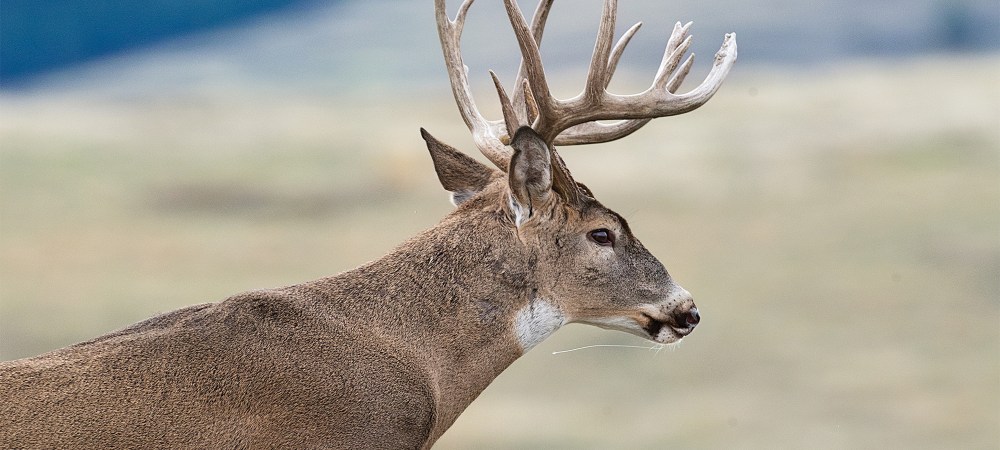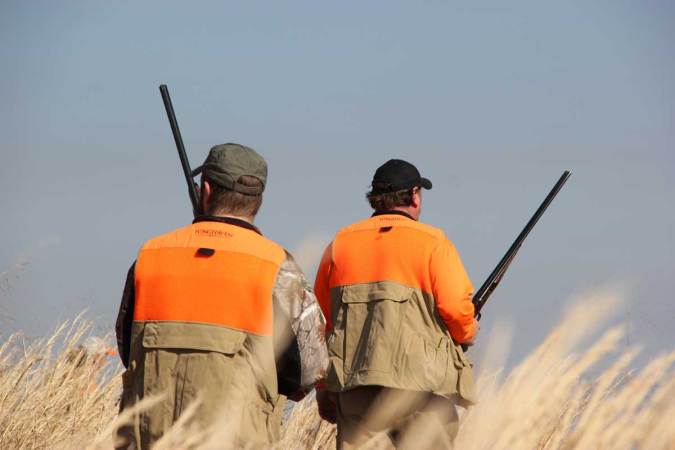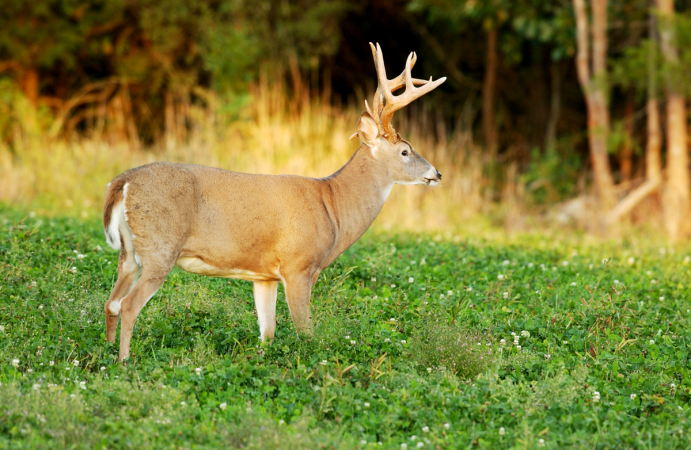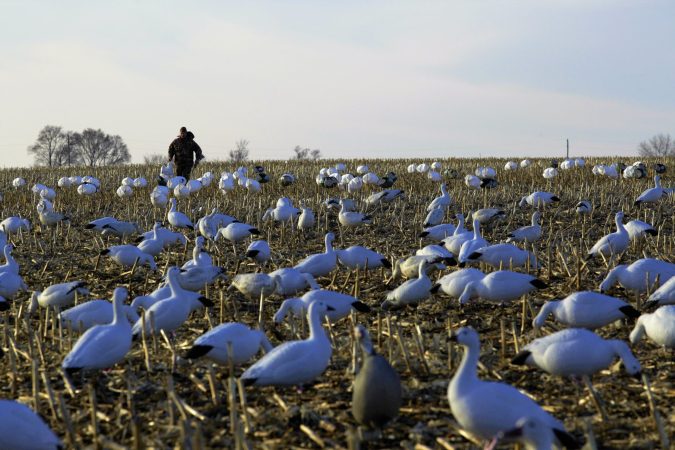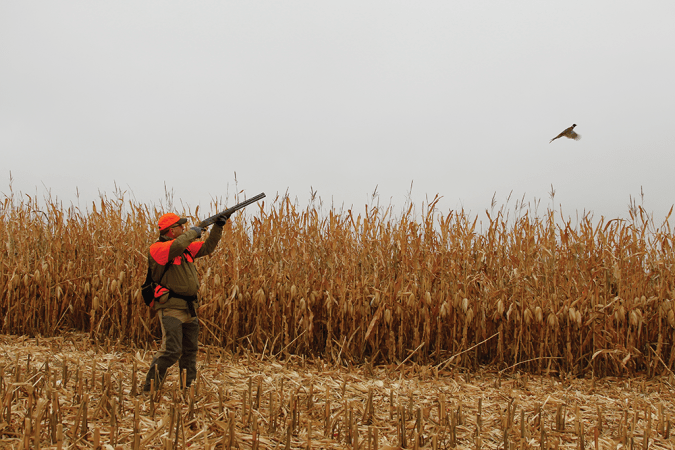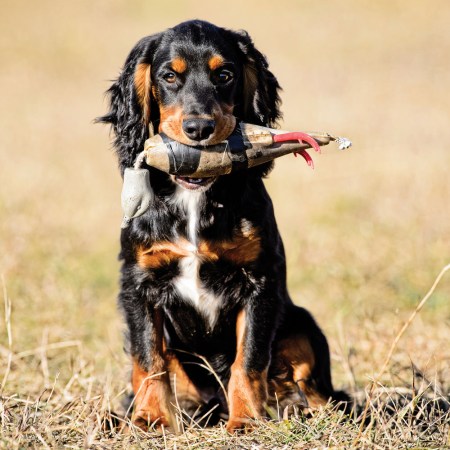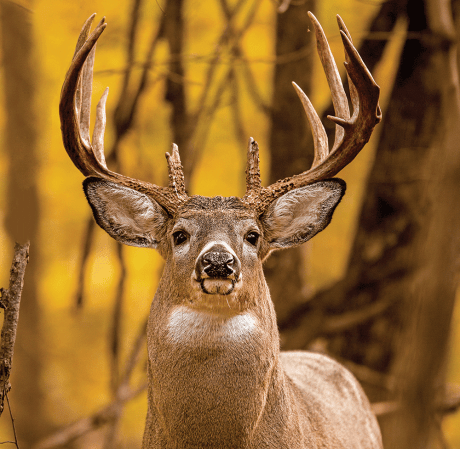If you’re lucky, you hunt frequently. If you’re really lucky, your dog stays healthy and well-conditioned all season. I don’t trust this to luck.
At the end of a hunt, I want to help my dog recover for the next day in the field. A number of studies (on sled dogs and bird dogs) and some long discussions with research vets and field trialers have convinced me that what you do at the end of the hunt day is critical if you want maximum performance from your dog the next day.
I give my dogs’ muscles the cell-repairing glycogen (a carbohydrate) they need. Research shows that if you do that consistently, your dogs’ muscles can experience up to a 95-percent recovery rate overnight. Based on current science and my practical experience, here’s one way to maximize the effectiveness of both a conditioning regime and any supplements you decide to add to your dog’s diet.
1. Immediately after your dog is done hunting (within 15 minutes) provide water mixed with maltodextrin (see package directions for dosage). Maltodextrin is a tasteless white powder (a derivative of corn) that a dog’s body converts to glycogen. Any nutritional supplement store catering to bodybuilders will have the plain stuff; one dog-specific brand I like is “Glycocharge.” It’s liver-flavored, and quite palatable to a dog. I’ve never seen a dog refuse to drink this concoction.
2. Do not add maltodextrin to food. The fat in dog food inhibits the uptake of the nutrients in the maltodextrin.
3. Give it time to be absorbed. Wait at least another hour and a half before feeding. I feed almost a full daily ration in a single feeding, because I don’t feed my dogs the morning of a hunt. And when I feed, I’ll add a powdered pork-fat supplement and mix it all with plenty of water. This should help with the calorie deficit sure to develop over weeks of hunting.
4. There are a number of bars, powders, and other forms of glycogen or protein to be given before or during a hunt. Being low in volume, they probably don’t do any harm, and may do some good. But if you think about the physiological processes, particularly how nutrients are absorbed and metabolized, most won’t do much good until the next day if they haven’t been pooped or peed out before then.
Yes, your dog will lose weight during a long season, in part from his hard work and partly because you’re not feeding him on the morning of a hunt day. But the added fat and larger portion in the evening should keep him firing on all eight cylinders until you both get home and return to couch-potato status until the next trip.
